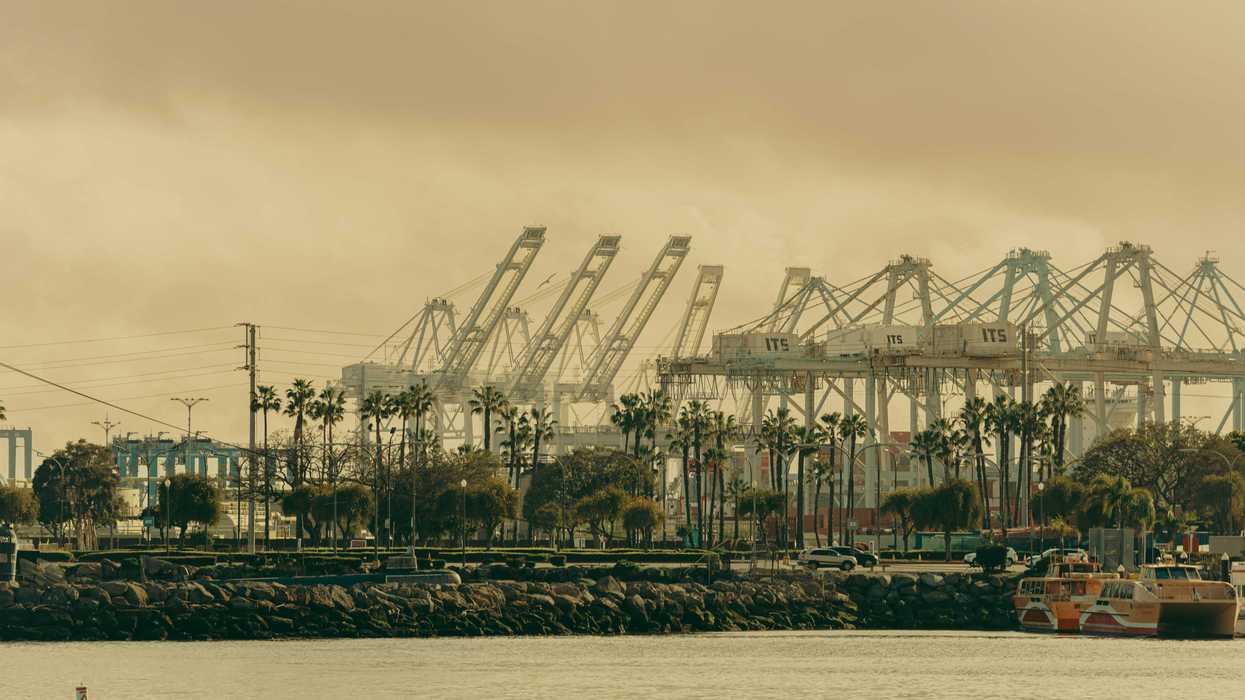Residents of Shiloh, Alabama, are grappling with restrictive covenants in their property deeds that prevent them from suing the state over recurring flood damages, a tactic used to mitigate the state's liability.
Lee Hedgepeth reports for Inside Climate News.
In short:
- Shiloh community residents face ongoing flooding exacerbated by a state highway expansion, with the state attaching restrictive covenants to property deeds to limit litigation.
- Despite continuous flooding, the state's interventions have been insufficient, leaving the community vulnerable and frustrated with the lack of effective solutions.
- Residents were unaware that agreements signed with the state and contractors would include such covenants, effectively stripping them of the right to pursue further legal action.
Key quote:
“Our lawyer assured us that signing this was the right thing to do. We were lied to.”
— Aretha Wright, homeowner
Why this matters:
The use of restrictive covenants in Shiloh perpetuates a legacy of racial discrimination and emphasizes systemic issues in environmental justice and infrastructure planning. These practices leave vulnerable communities with little recourse against damages caused by state development projects.














